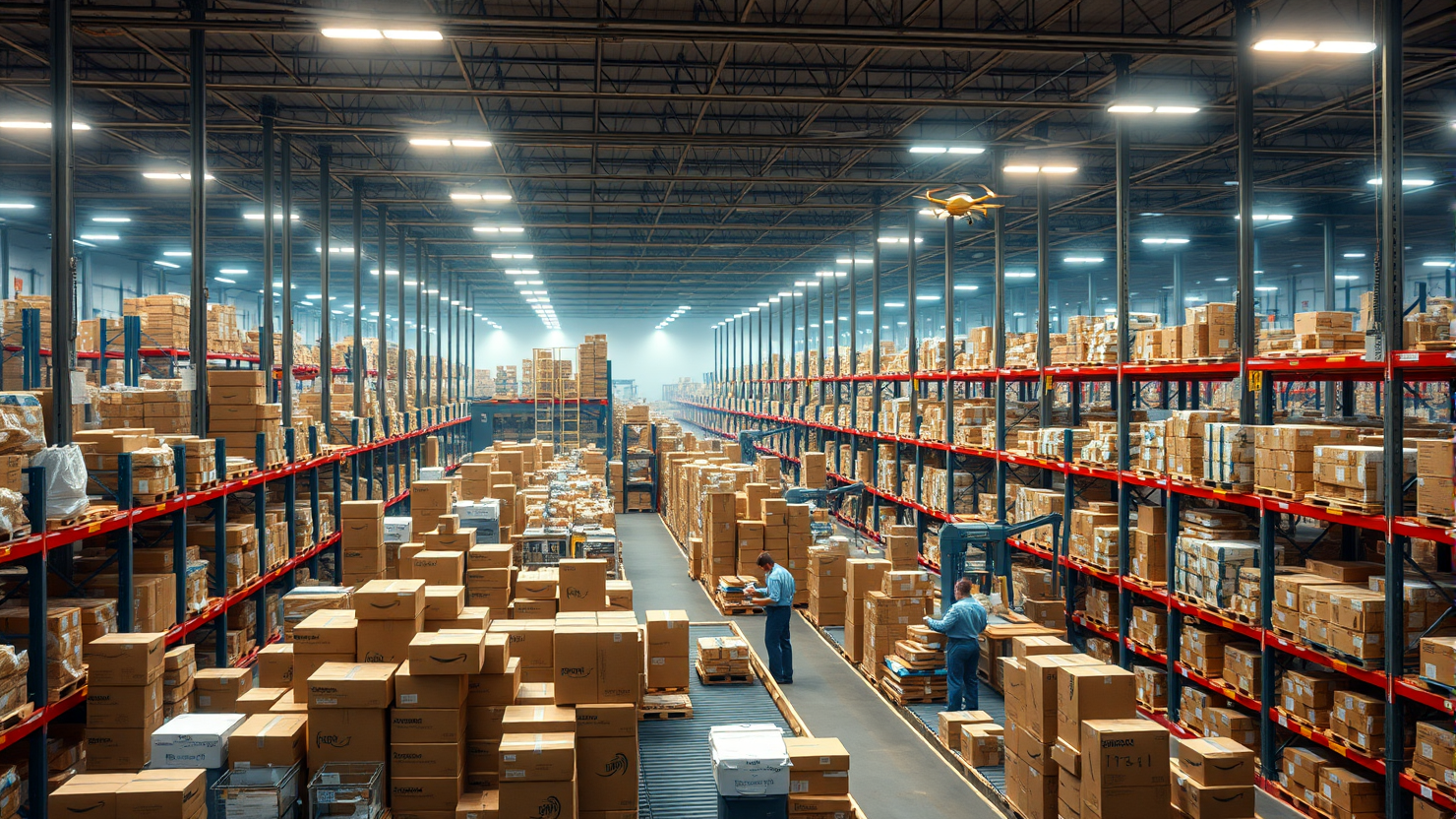Trump Increases H-1B Visa Fees for Companies, Sparks Controversy Over Foreign Worker Program

In a significant move, President Trump has increased the costs for companies seeking to hire foreign workers through the H-1B program. On Friday, the White House announced that employers will now pay a substantial $100,000 fee for new H-1B visa applications, a significant jump from the current lottery registration fee of $215.
The H-1B visa permits U.S. companies to hire foreign workers in fields requiring technical expertise such as IT, engineering, mathematics, or medicine. The program is limited to 65,000 new visas annually, with an additional 20,000 for foreign graduates holding advanced degrees from U.S. universities. These visas are allocated through a lottery system and typically last three years, with the possibility of extensions or applications for green cards.
The administration’s decision aims to curb what it perceives as widespread misuse of the program, which is alleged to contribute to the displacement of American workers. According to official data, the percentage of IT workers holding H-1B visas has surged from 32% in 2003 to over 65% today, coinciding with an unemployment rate of 6.1% among recent computer science graduates.
This policy is likely to spark controversy, particularly within the tech industry. The restrictions target a program that has nurtured some of the region’s most prominent success stories.
Elon Musk, a key figure in several groundbreaking companies like SpaceX and Tesla, initially worked in the U.S. under an H-1B visa after arriving as a student. In response to criticism of the program on his platform X in December, Musk publicly rebuked the critic, stating, “The reason I’m in America…is because of H1B. Take a big step back and F*** YOURSELF in the face. I will go to war on this issue the likes of which you cannot possibly comprehend.”
Mike Krieger, co-founder of Instagram turned Chief Product Officer at AI giant Anthropic, is another success story credited to the H-1B program. As a Brazilian student, Krieger worked at early instant messaging platform Meebo on an H-1B visa.
Earlier this year, the National Venture Capital Association argued in a letter to the National Science Foundation that increasing the annual cap of H-1B visas issued to highly skilled immigrants working in specialized jobs is essential for fostering successful immigrant-founded companies. The association emphasized that while H-1B visas are not ideal for entrepreneurs seeking to immediately establish businesses in the U.S., they remain crucial for the success of immigrant-founded companies due to their role in providing valuable work experience and expanding the pool of potential immigrant startup founders.
On Friday, tech leaders on X voiced concerns about a potential exodus of talent to more welcoming nations.
The Trump administration’s proclamation, issued on Friday, delves deeply into its criticism of the program, citing specific companies that have approved thousands of H-1B workers while simultaneously laying off American employees. According to White House data, one unnamed company was approved for 5,189 H-1B workers this fiscal year while cutting approximately 16,000 U.S. jobs.
The proclamation includes provisions for case-by-case exemptions if deemed in the national interest. It also directs the Labor Secretary to revise wage requirements to prevent wage suppression of American salaries.






